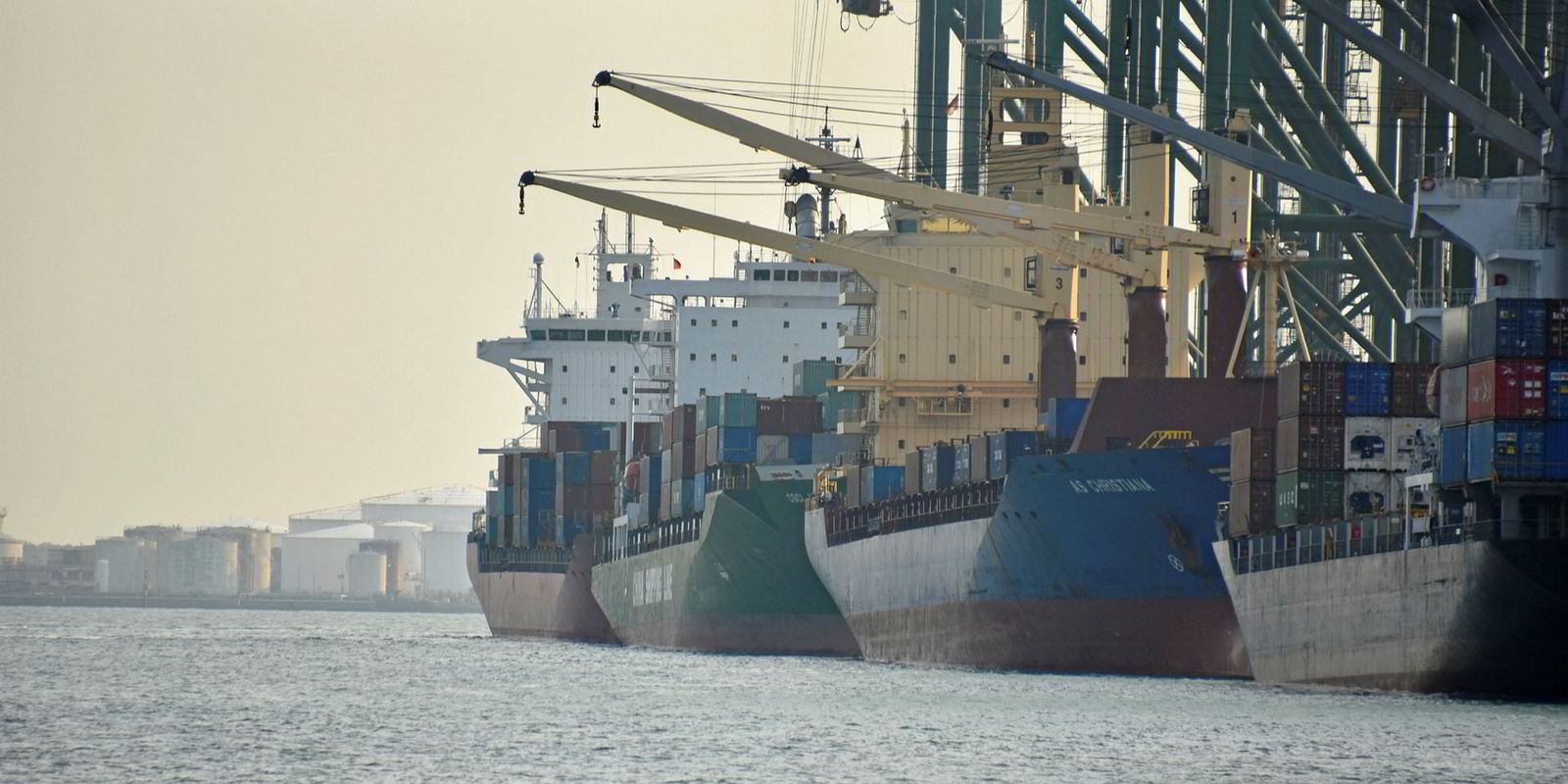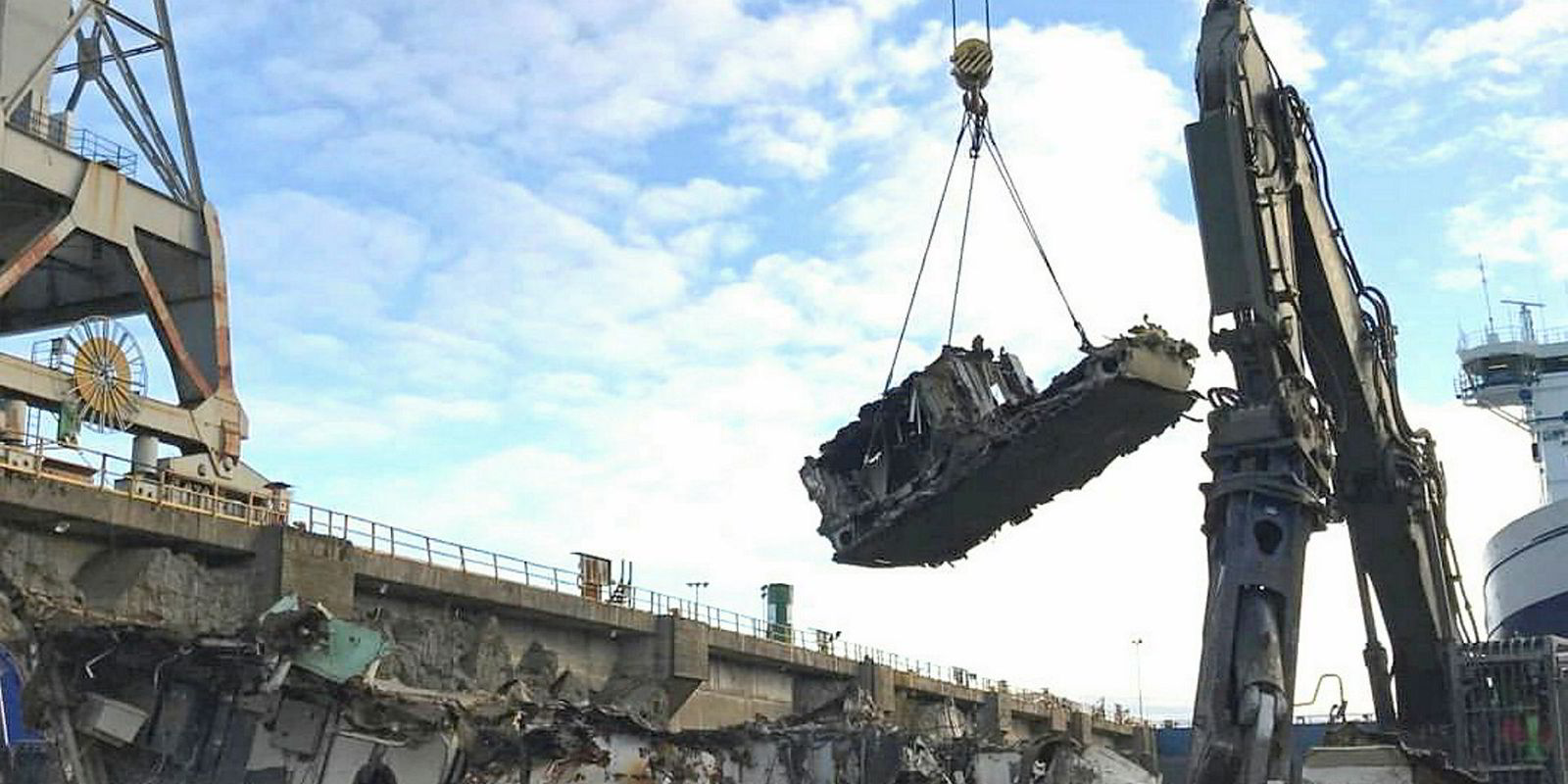US scrubber maker Pacific Green Trust (PGT) has reacted angrily to Singapore's intended criminalisation of seafarers who fail to comply with IMO 2020 regulations.
It called the possibility of up to two years in jail for the worst cases "an authoritarian provocation."
"Singapore is known as the Fine City," PGT said.
"Depending on your experience of the metropolis, this nickname could refer to immaculate streets, low crime, and enjoyment of the high life. Or it could allude to the punishment that awaits those who break one of the city-state’s many stringent laws."
Masters and owners could face jail time or fines or SGD 10,000 ($7,339).
"This seems heavy-handed at a time when many shipowners are struggling to come to terms with the new regulations taking effect in just over eight months’ time," PGT said.
Influence of Singapore "a worry"
Singapore has also banned open-loop scrubbers.
"Though Singapore was not the first harbour to have banned the discharge of scrubbing waste water, its status as the second-biggest port in the world worried industry players. Singapore’s decrees are more influential than most," PGT added.
"In the same way, the MPA’s threat of prison time for IMO 2020 offenders could have far-reaching consequences."
"Owners wishing to comply may not be able to."
Latest numbers suggest that 3,500 vessels will have marine scrubbers fitted by the end of this year, with thousands more on order.
For some time, the market was uncertain whether the IMO would honour January 2020 as the implementation date for the new SOx limits, PGT said.
As a result, demand for exhaust gas scrubbers surged late and many operators have been left without their chosen solution in time for next year.
Their only option will be the use of very low-sulphur fuel oil (VLSFO) until their scrubber installation is ready, it added.
But supply of very low-sulphur fuel oil (VLSFO) for next year remains uncertain, it said.
"The IMO is confident the fuel supply will be sufficient, but many are unsure," PGT added.
"Needing to balance the complex economics of the energy markets, refineries, too, took a cautious approach to their planning for IMO 2020. Now, not all have the technological ability to refine high volumes of cleaner fuels.
"If the cost is untenable for shipowners they are more likely to risk non-compliance."
PGT said estimates of non-compliant ships in January vary between 10% and 40% of the world fleet.




